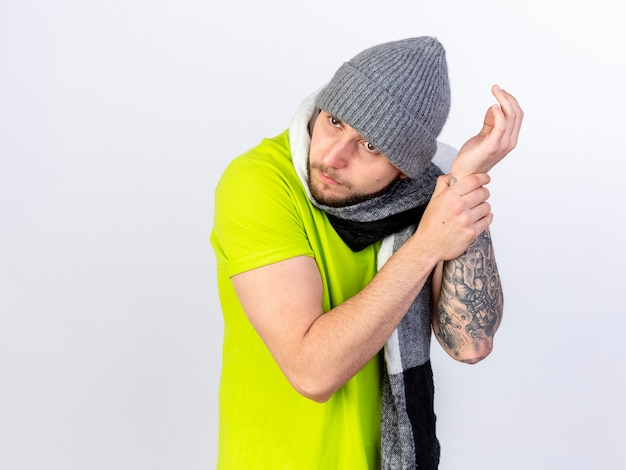
Ablutophobia, or the fear of swimming, is an uncommon but serious fear, more often seen in children and women. While many kids might not enjoy baths, a true fear is different. According to the latest guidelines from the American Psychiatric Association, a diagnosis of ablutophobia is unlikely unless the fear and overestimation of risk last for more than six months.
Ablutophobia is an anxiety-related disorder, classified as a specific phobia, which means it’s an intense or irrational fear of a particular object or situation. This fear can show up in different ways, from being afraid of showering to a complete fear of washing.
Like other specific phobias, ablutophobia is often triggered by a past traumatic experience, even if you don’t remember it. In today’s world, hygiene and cleanliness are top priorities. Not showering regularly can make you seem “unclean,” which is generally unacceptable. Not washing can lead to negative consequences, such as health issues.
Maintaining cleanliness is crucial for staying healthy. Letting dirt and germs linger on your skin and hair can increase the risk of both common and rare illnesses, especially if your fear of germs stops you from washing your hands after using the bathroom or cooking.
Not washing can have many negative effects. The Centers for Disease Control and Prevention (CDC) states that regularly washing your hair, body, and face, along with frequent handwashing, is an effective way to prevent the spread of illnesses like long-term diarrhea and lice. In the U.S., 66% of people bathe at least once a day, while only 7% shower once a month or less.
The symptoms of ablutophobia are different from a child who simply doesn’t want to bathe or adults who aren’t particular about grooming. The most common sign is anxiety, not linked to any real danger from bathing. This fear is persistent, often lasting more than six months.
Ablutophobia can also cause physical symptoms and a feeling of disconnection from the world and oneself. People might worry about social isolation and low self-esteem, and in some cases, might turn to alcohol or drugs, leading to dependency issues.
Children with ablutophobia are at a higher risk of bullying, especially during their teenage years. Cognitive Behavioral Therapy (CBT) is often used to treat ablutophobia. A counselor will help you face your fears and replace negative thoughts with positive ones. They might give you tasks to gradually confront your fear, like turning on the shower and standing in the bathroom while the water runs.
The goal of therapy is to help you relax and use positive self-talk to manage your anxiety while facing your fear. If your anxiety is severe, your doctor might prescribe medication or suggest hypnosis to help you cope.









